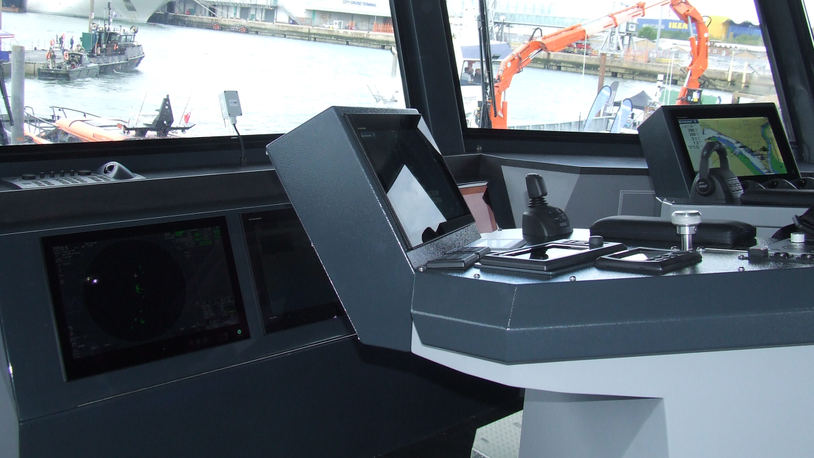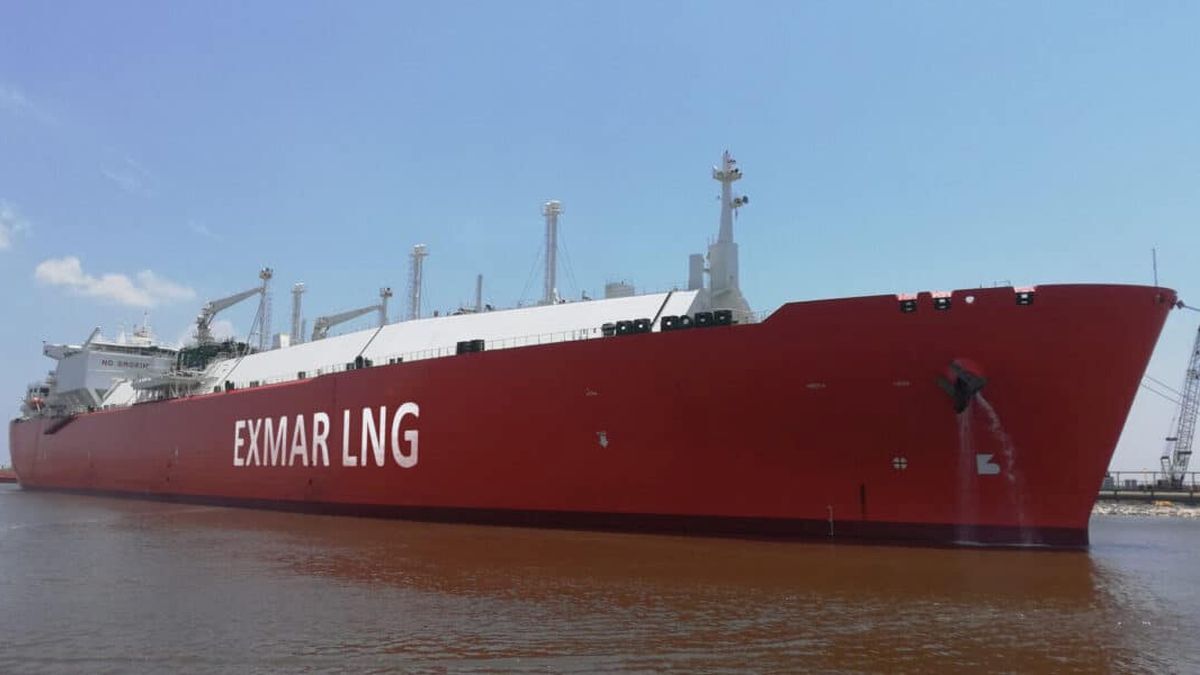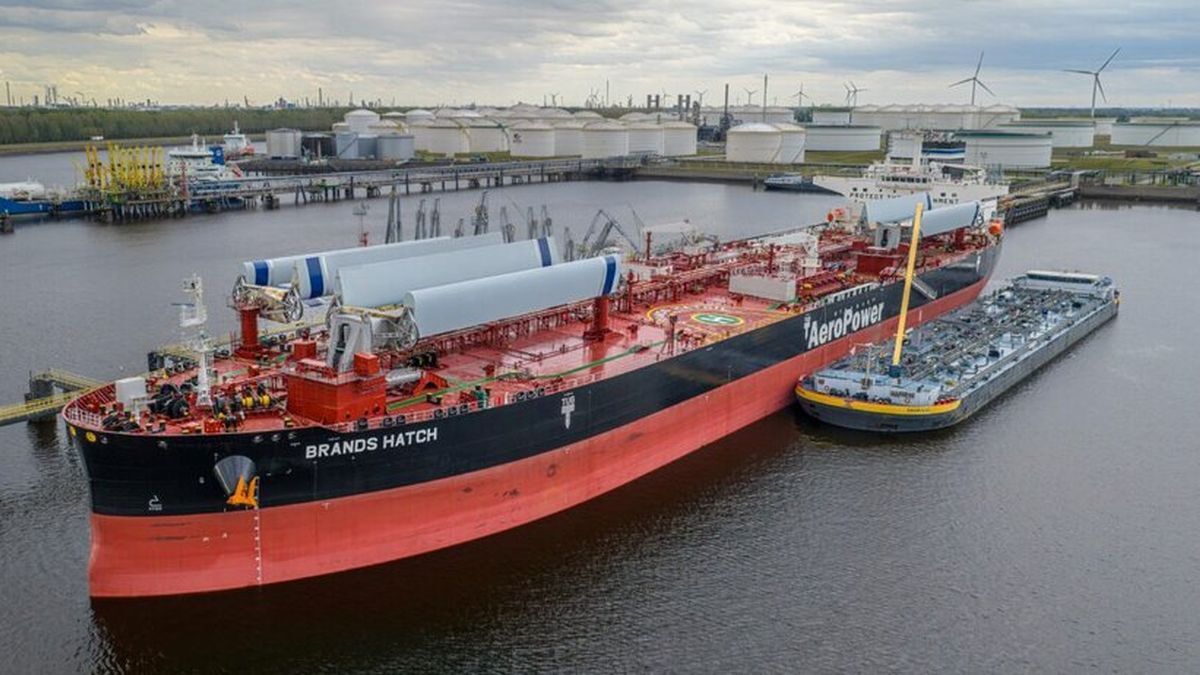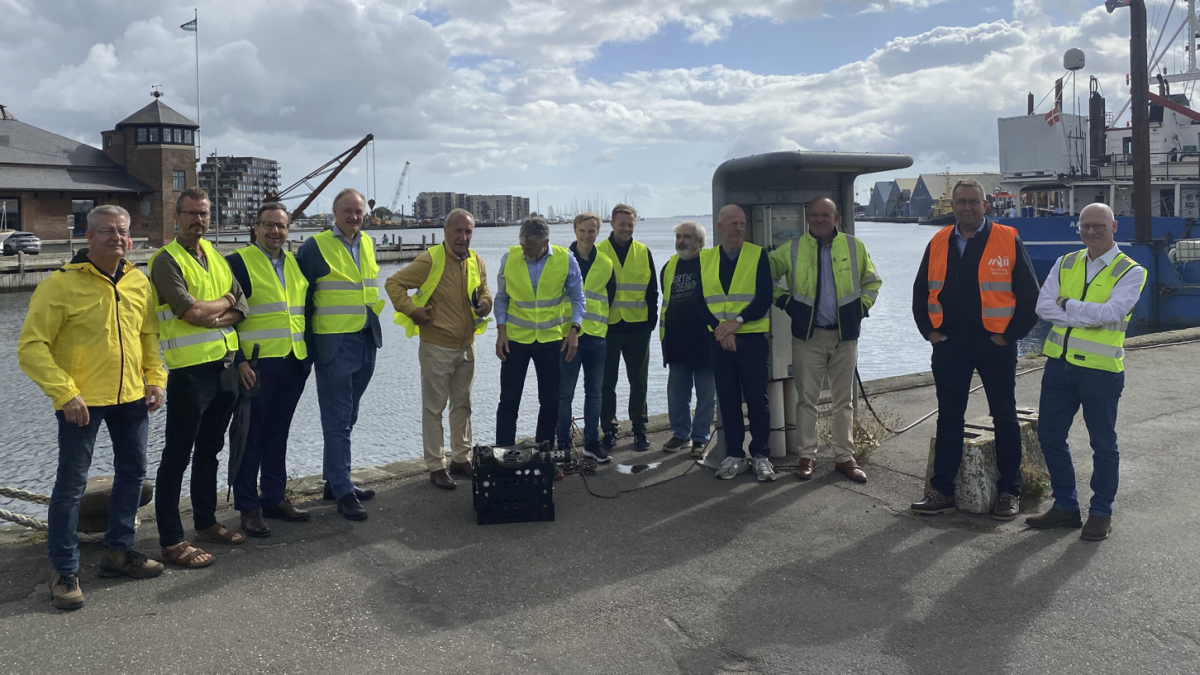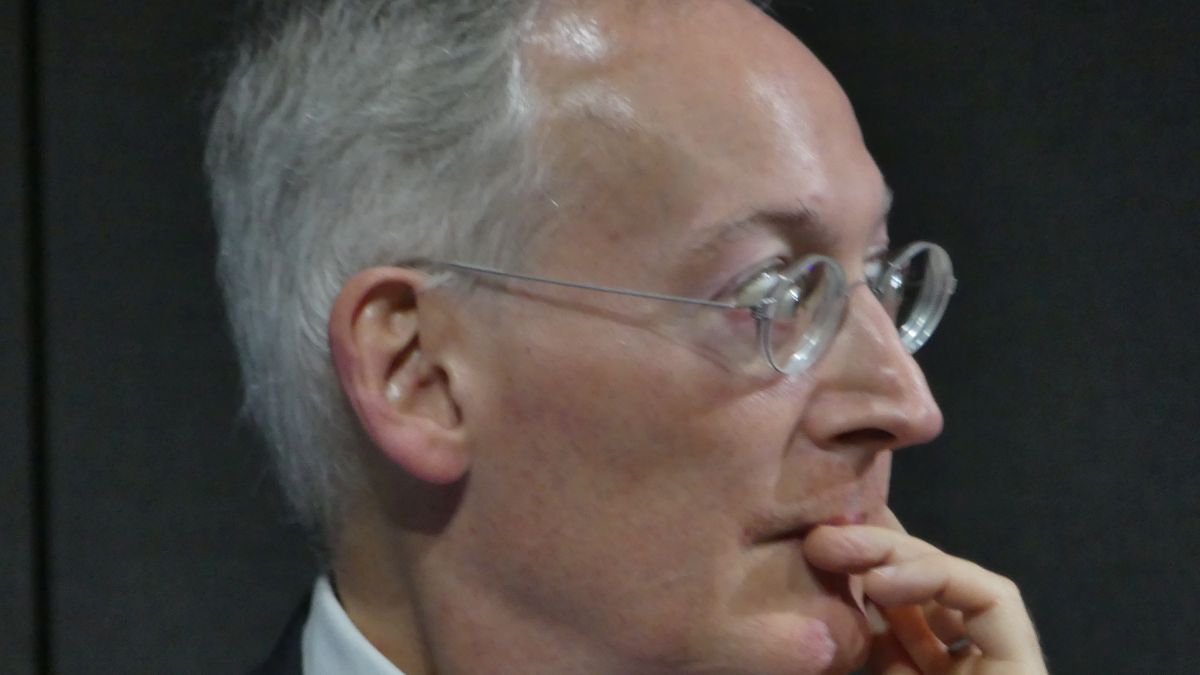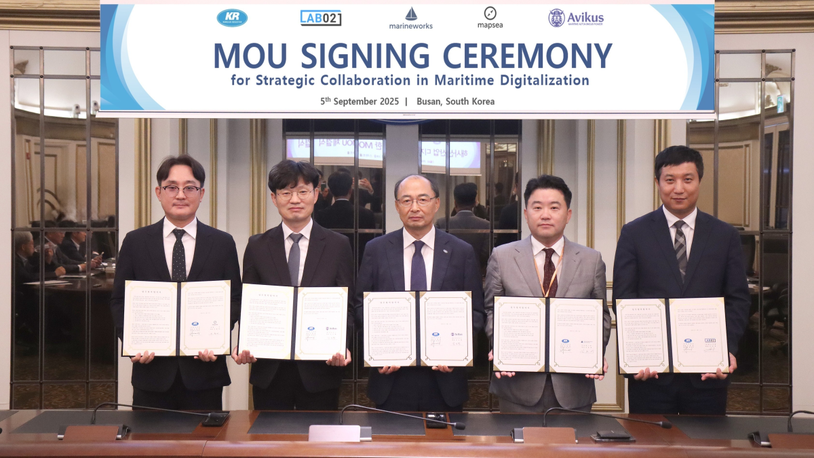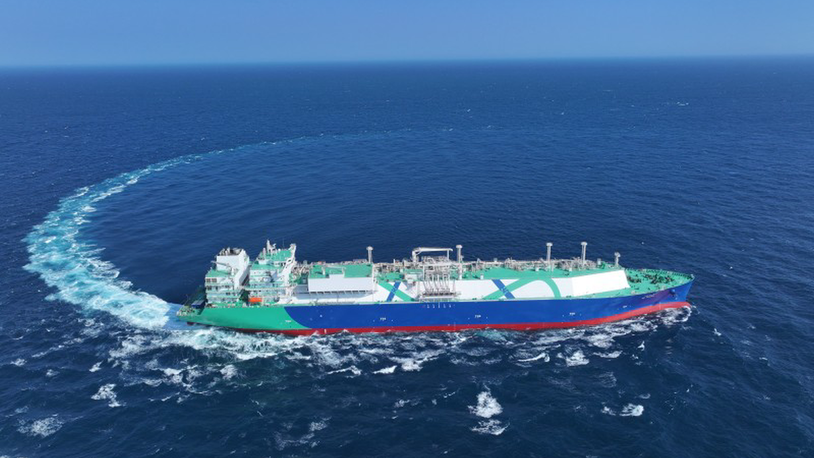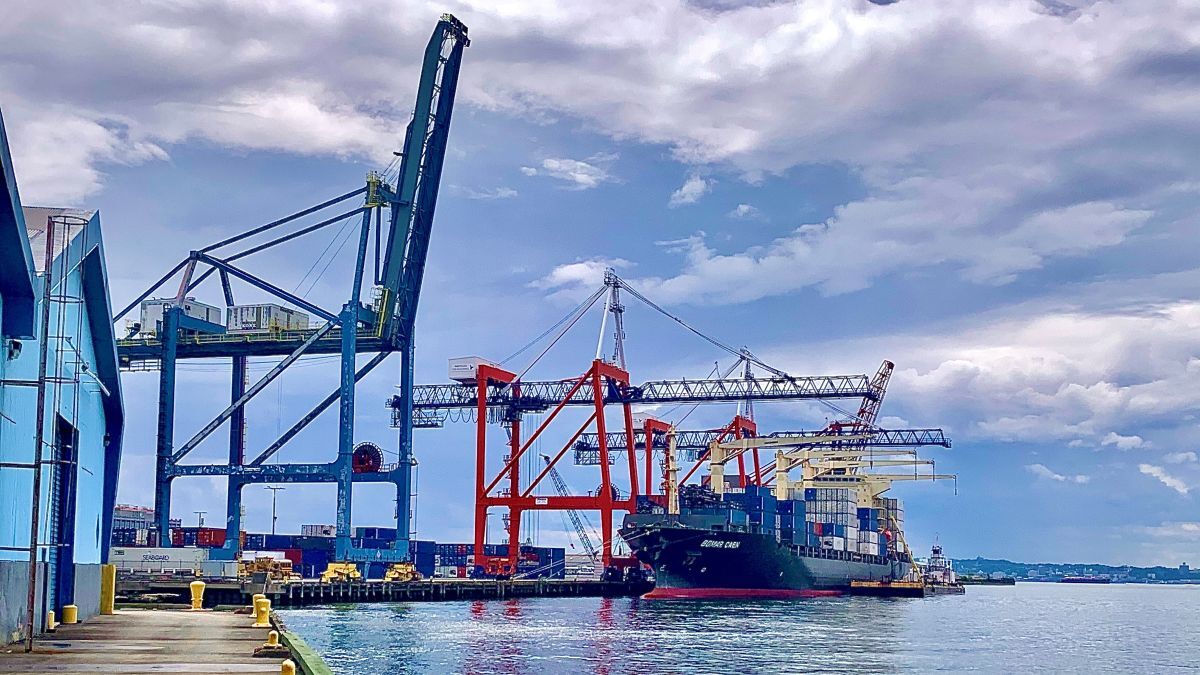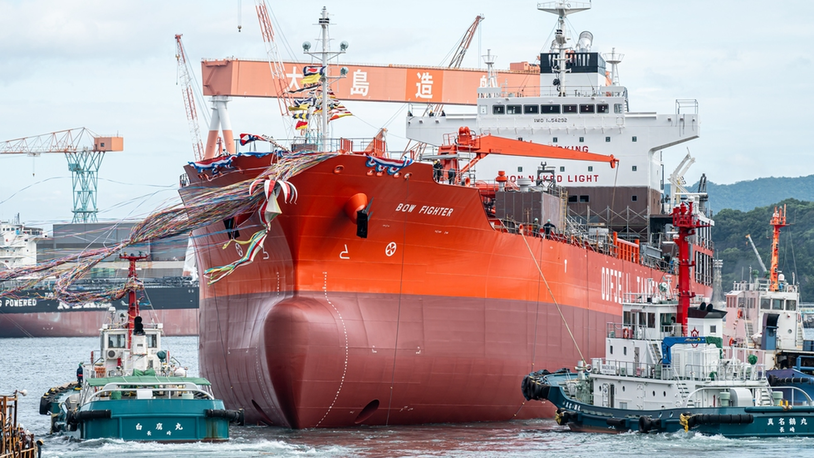Business Sectors
Events
Offshore Wind Webinar Week
Contents
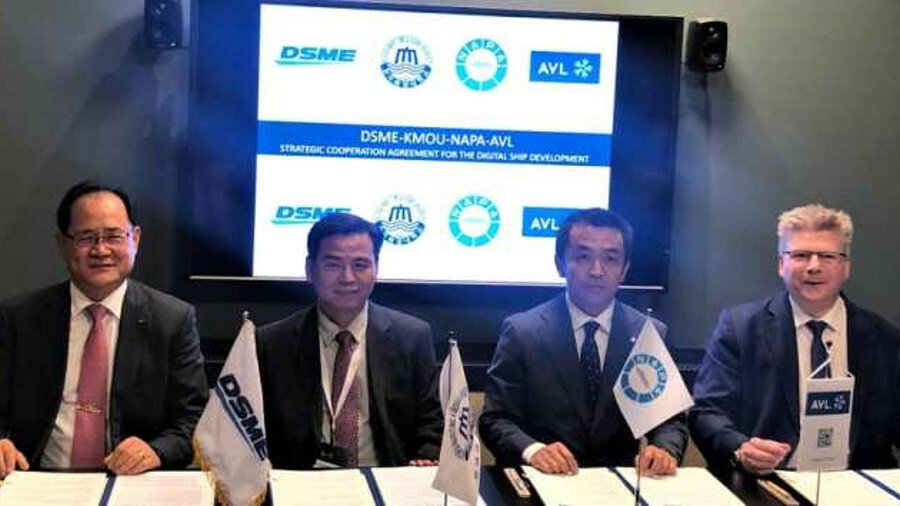
South Korean partnership to develop intelligent ships
Smarter and more efficient ships will be built in South Korea following a partnership agreement between a shipbuilder, university and digital developers.
Daewoo Shipbuilding and Marine Engineering (DSME) has teamed up with Korea Maritime and Ocean University (KMOU) and companies Napa and AVL, to develop intelligent ships and simulation technology.
Together they will use digital twins, system simulation and data analytics to design ships and engineroom machinery with lower emissions, and develop methods for collecting more onboard data for analysis to create digital twins for performance analytics.
The collaboration involves acquiring and processing engineroom data, ship performance and meteorological information to use for training, simulation, human machine interfaces and designing the next generation of ships.
DSME chief technology officer Odin Kwon said “By creating a virtual, real-time copy of engine equipment, we can monitor, analyse and predict performance, leading to safer and more efficient operations.”
“Digital twins bring together a range of different fields of expertise, requiring hardware, software and operations to work together,” he continued.
“Collaboration is essential if this technology is to mature” Odin Kwon (DSME)
“This partnership represents shipping’s best minds in shipbuilding, engines, ship operations, and software. We are excited to work together to develop digital twin technology and a platform that will make future generations of ships safer and smarter,” said Mr Kwon.
KMOU has started developing a platform for digital twin technology and using augmented and virtual reality (AR/VR) for this project. KMOU professor Deog Hee Doh said this platform will balance academia and technology application. “This could be a basis for the development of autonomous ships,” he said.
KMOU will focus on ship simulation and communications by extending digital vessel technology with AR/VR. The university will also use its own training ships and conduct collaborative practical research and testing for practical validations on the developed prototype digital twin ship.
- Software improves Korean shipbuilding and design
- IoT open platforms will cut shipowners’ fuel costs
- AI-driven voyage optimisation will cut fuel costs
Napa will provide software and data analytics to develop digital twin ship models with digitalised components and a real-time simulation platform to integrate between engine models and ship models. AVL will develop the simulation tools and methodologies required.
Related to this Story
Events
Offshore Wind Webinar Week
Maritime Decarbonisation, Europe: Conference, Awards & Exhibition 2025
Offshore Support Journal Conference, Americas 2025
© 2024 Riviera Maritime Media Ltd.


